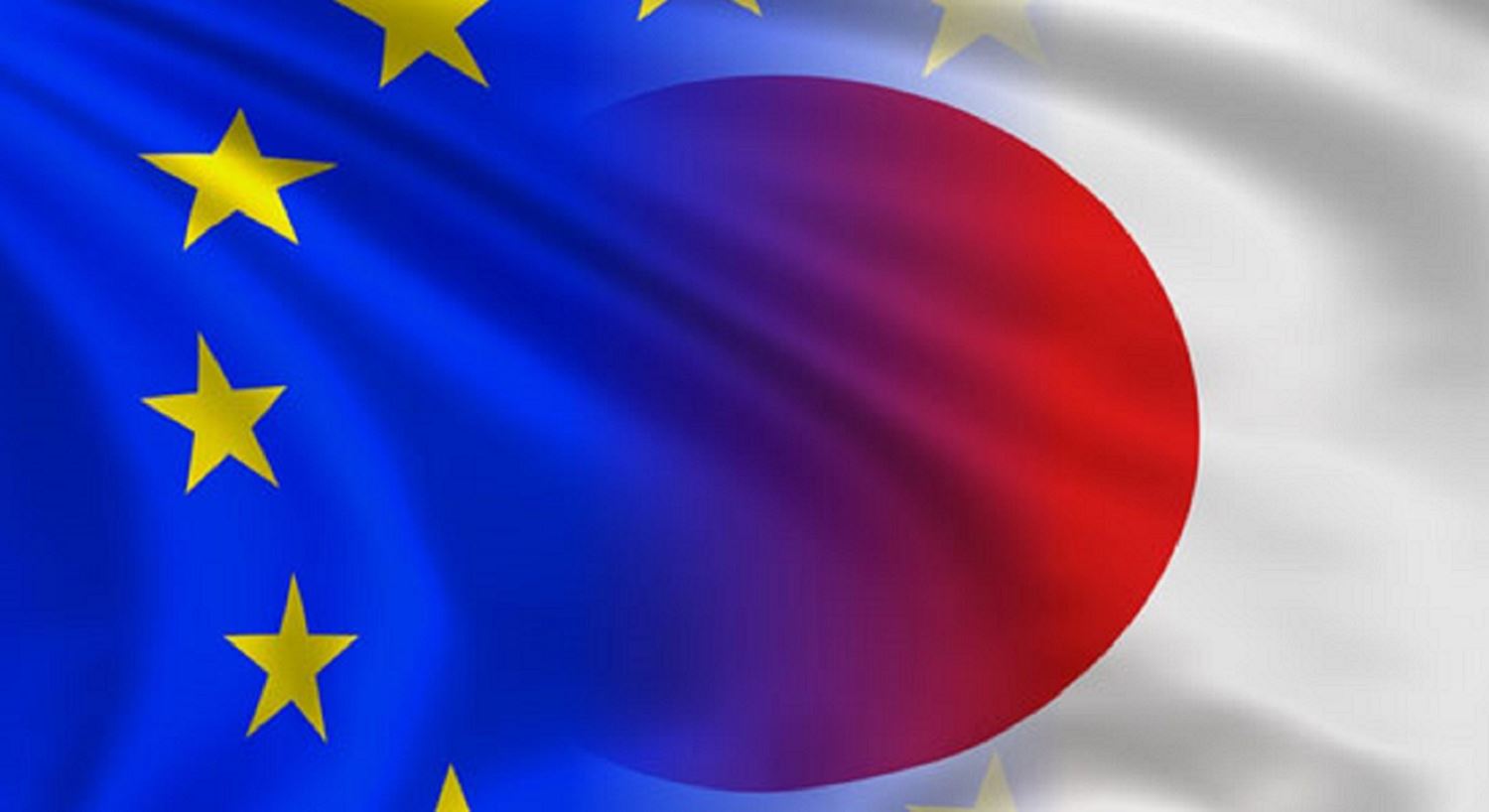Our method was derived from theories, concepts and methods from international relations, including realism, liberalism and constructivism, exploring reasons for security cooperation between states or
international institutions and ways to assess levels of threat perceptions and degrees of cooperation. It also drew on insights from EU external relations analysis.
Methodological characteristics we adopted
Dimensions
The selection of manageable and meaningful dimensions of the EU-Japan security dialogue (e.g. terrorism, arms proliferation, human security), gave the research a distinct focus.
Hence, rather than dealing with the general notion of EU-Japan security relations, a range of ten specific security dimensions was applied, which gave scope for the assessment of similarities
or differences (success or failings) among these dimensions.
Common framework
The project adopted a common framework in the empirical investigation of the ten security sectors, and subsequent chapters, consisting of the following elements:
- levels of threat perceptions by the EU and Japan
- domestic response to threats by the EU and Japan
- degree of EU-Japan bilateral cooperation
- degree of EU-Japan multilateral cooperation
This framework was applied in a previous book - Emil J. Kirchner, Han Dorussen and Thomas Christiansen (Eds) Security Relations between China and the European Union,
Cambridge University Press, 2016.
Scales
The project established assessment scales in order provide a systematic account of the levels or degrees converging or diverging positions of the EU and Japan on threat perceptions and
joint cooperation with regard to the ten security dimensions.
Pairing
The project involved the pairing of European and Japanese scholars.
The basis for investigating and assessing the respective ten security dimensions was relevant official documents of the EU and the Government of Japan and other relevant documents and secondary sources.







